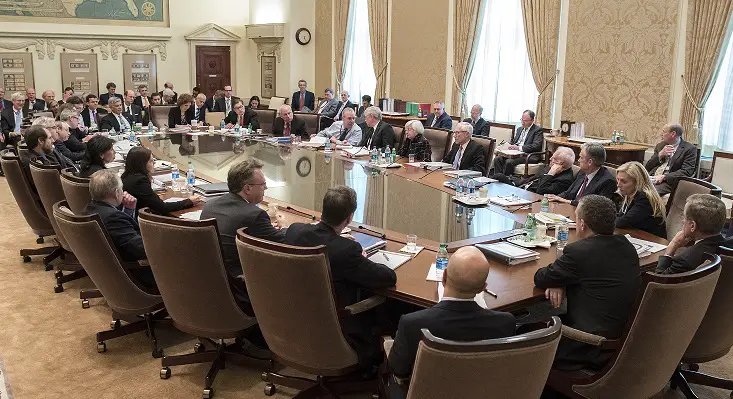FOMC minutes from their June 14-15 meeting were released, and they show that the policy makers supported raising rates at their next meeting by either 50 basis points or 75 basis points. They maintained that it was critical to maintain the confidence of the market that the Fed could and would control inflation whenever necessary.
“Many participants judged that a significant risk now facing the committee was that elevated inflation could become entrenched if the public began to question the resolve of the committee to adjust the stance of policy as warranted,” the minutes related. They also related that the Fed, “recognized that policy firming could slow the pace of economic growth for a time, but they saw the return of inflation to 2% as critical to achieving maximum employment on a sustained basis.”
Two year Treasury yields remained higher on the news. Swap traders judged a half point increase as certain and a 0.75 point increase as almost certain, holding steady at 69 basis points. The dollar index peeled back some gains, and the S&P 500 barely moved.
Powell had indicated after the last meeting that a 75 basis point increase was certainly on the table for the July 26-27 meeting. After the Fed had gone with the larger 75 basis point increase in June, and data continued to come in indicating things were worse than had been thought, there was some turbulence, and now it appears the market has more or less priced in a 75 basis point increase in July.
Kansas City Fed President Esther George was the only dissenter in the June meeting, arguing a 50 basis point hike would be better.
The minutes said officials, “recognized the possibility that an even more restrictive stance could be appropriate if elevated inflation pressures were to persist.”
Officials also said, “if inflation expectations were to become unanchored, it would be more costly to bring inflation back down to the committee’s objective.”
Several officials have echoed Powell regarding the likely outcome of the July meeting. Since May, the personal consumption expenditures price index, which is the Fed’s preferred index of inflation, has risen 6.3%, which is over three times the Fed’s 2% target.
Meanwhile economists have been downgrading growth forecasts as data has come in showing weakening of consumer spending, tightening financial circumstances, and US manufacturing activity declining. Meanwhile rising mortgage rates have begun to cool off housing, and businesses are reporting lower demand.
Bloomberg Economics is now projecting the odds of recession at one in three, however some big names, like Elon Musk and Deutsche Bank, are reportedly telling others it is essentially unavoidable.

